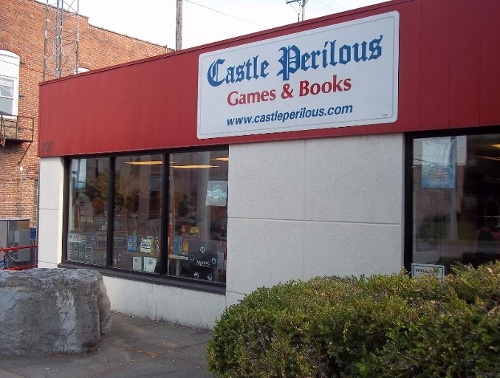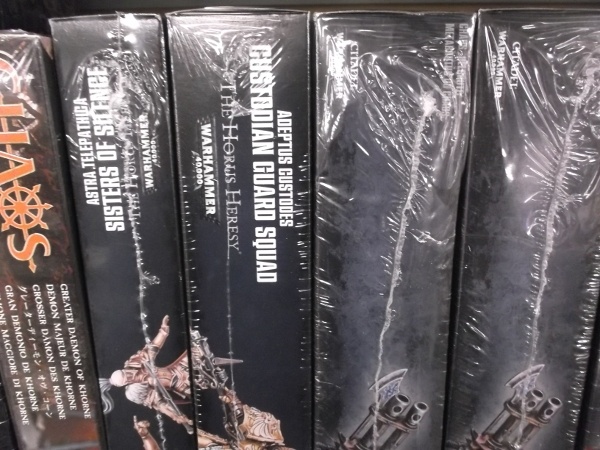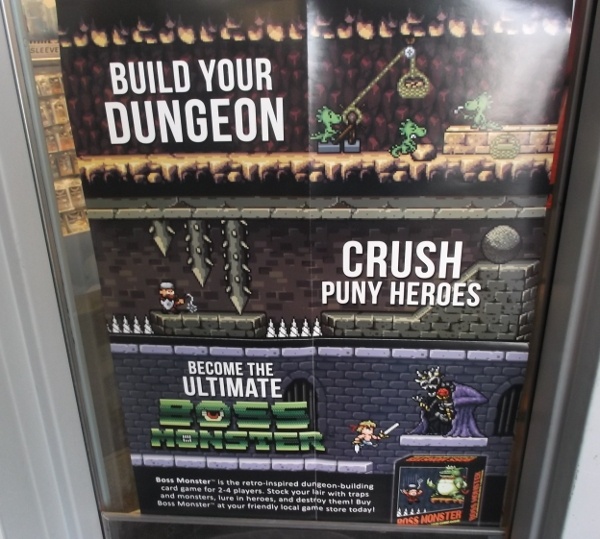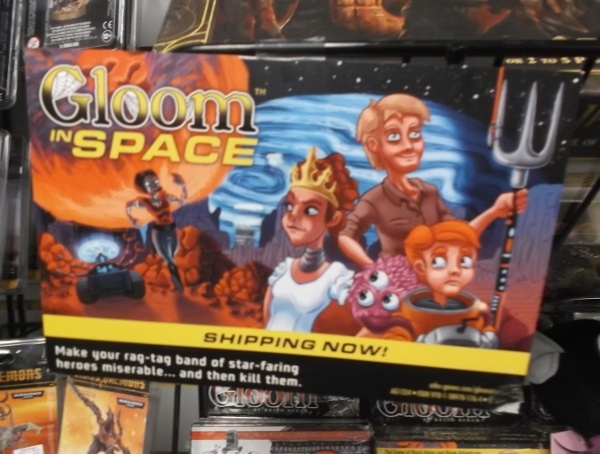Rolling for Initiative is a weekly column by Scott Thorne, PhD, owner of Castle Perilous Games & Books in Carbondale, Illinois and instructor in marketing at Southeast Missouri State University. This week, Thorne looks at ways publishers use packaging or POP materials to stimulate sales.
Roughly two-thirds of all purchase decisions are made at the point of purchase. Whether it is eggs, beer, dinner, car or a board game or RPG, the average customer leaves the house with the intent to purchase something in a general category but no specific idea as to what. That is why, if you see a McDonald’s restaurant, in the immediate vicinity you will also see a Wendy’s, Taco Bell, KFC (because they don’t promote the fried aspect of their chicken any more) or Arby's. Market research over the years has taught them that the customer seldom drives out with the idea of "I’m hungry, let’s go to Wendy’s." Instead, the customer says "I’m hungry, let’s go get something to eat" or suddenly decides they want something to eat as they are out driving. They then decide, at the point of purchase, what fast food restaurant at which they will eat.
Similarly, about a third of the typical game store’s customers (and this generally applies to brick and mortar stores, the online shopper is generally more focused about what they want as they typically search for items online) come in looking specifically for products such as Dungeons & Dragons, Magic: The Gathering, Cards Against Humanity, etc. However, two thirds of those customers come in just looking for "a game" or to see "what’s new," not looking for any game in particular, just something to play that falls within their category of interest, whether it be a board game, RPG, card game or what have you. So how does a publisher catch the customer’s attention amidst all the other products in the store? Here are three suggestions:
Box Design. Most stores have limited space and are unable to face out all of the products they stock so having the game’s name on all four edges of the box as well as the cover is very important. Heightening the contrast between the name and back ground art is very important as well. Take a look at Games Workshop’s boxes for its Warhammer 40,000 line. Although the older design is somewhat small and lacking in contrast, the more recent boxes have the name clearly visible in a large white font.
Posters. A good poster helps sell your game and should at the very least show the box cover, so the customer knows for what to look, or the contents. Really good posters, such as those from Fireside Games for its Castle Panic or Brotherwise Games for Boss Monster, not only show the game but also work as a silent salesman, explaining gameplay to the customer when a staff person is not around.
Shelf Talkers. Posters are often too large to get displayed properly in a store, so a well-designed shelf talker or even a postcard can catch the customer’s eye. To do so, it needs attractive and clear graphics and a quick summary of what the game is about. Several years ago Alliance Distribution included several of these in its Game Trade Magazine and currently Fireside Games puts out several for its line of games. Atlas Games even produces promotional postcards that work pretty well as shelf talkers.
There are, of course, a lot more things publishers can do to get customers to take a look at their products and I will discuss them in upcoming columns.
The opinions expressed in this column are solely those of the writer, and do not necessarily reflect the views of the editorial staff of ICv2.com.
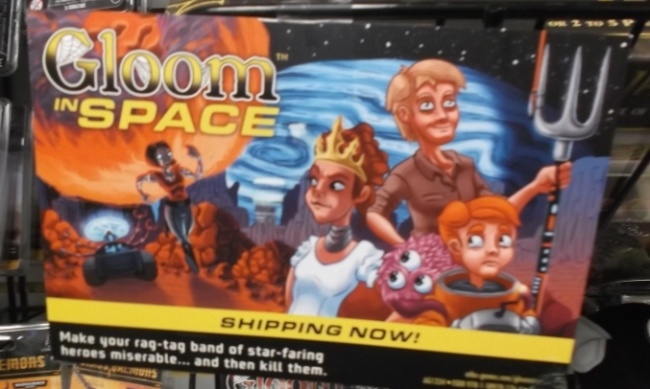
Column by Scott Thorne
Posted by Scott Thorne on May 8, 2017 @ 1:48 am CT



